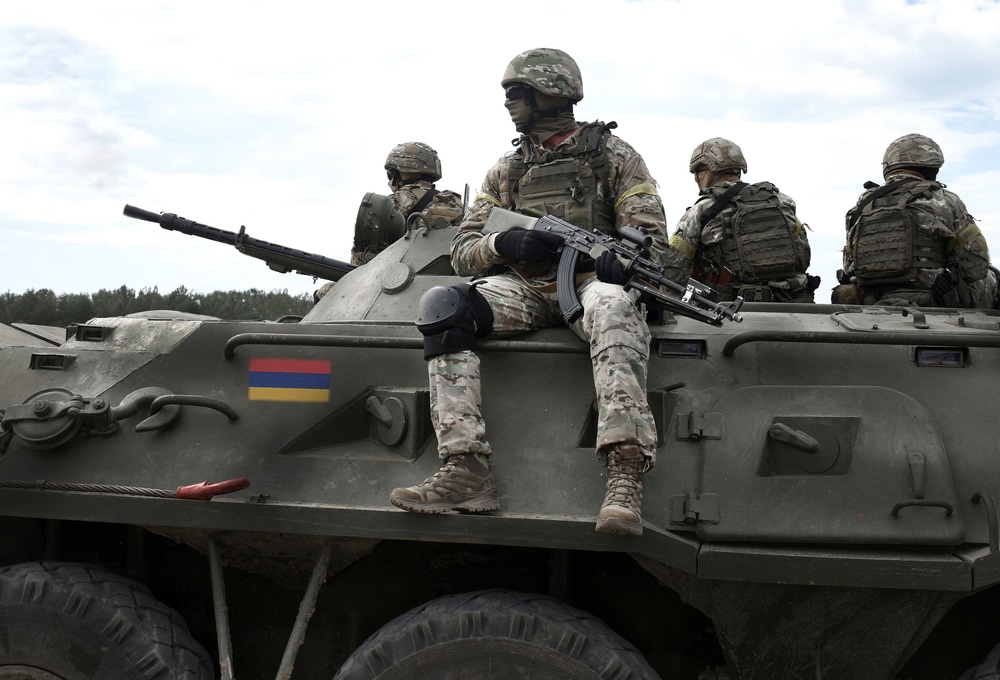Armenian Prime Minister Nikol Pashinyan, on February 15, raised alarms over intelligence suggesting Azerbaijan is preparing for a “full-scale war” with Armenia. This statement comes amid ongoing tensions following Azerbaijan’s capture of Nagorno-Karabakh in a rapid offensive last September, which led to over 100,000 ethnic Armenians fleeing the region. Pashinyan interprets Azerbaijan’s actions and statements as indicative of its intentions to escalate military conflict, potentially targeting parts of the Armenia-Azerbaijan border.
In response, Azerbaijan’s Foreign Ministry dismissed Pashinyan’s claims as “groundless,” accusing him of manipulation. Azerbaijan asserts it has no territorial ambitions towards Armenia, pointing to Armenia’s need to revise its constitution and legal documents that, according to Azerbaijani President Ilham Aliyev, contain implications of territorial claims on Azerbaijan.
Baku’s stance is that peace negotiations can only progress if Armenia relinquishes such claims.
Amid these political tensions, a recent border skirmish on February 13 resulted in the deaths of four Armenian soldiers, with both nations accusing each other of initiating the conflict. This incident marks a significant flare-up in hostilities since the peace talks that began last year, aimed at resolving the long-standing conflict over Nagorno-Karabakh.
The historical backdrop of the Armenia-Azerbaijan conflict spans over three decades, centered around the disputed Nagorno-Karabakh region. Despite several wars and diplomatic efforts to secure peace, the region has remained a flashpoint. The peace process has seen little progress in recent months, with both sides accusing each other of undermining negotiations.
Expanded Coverage:






